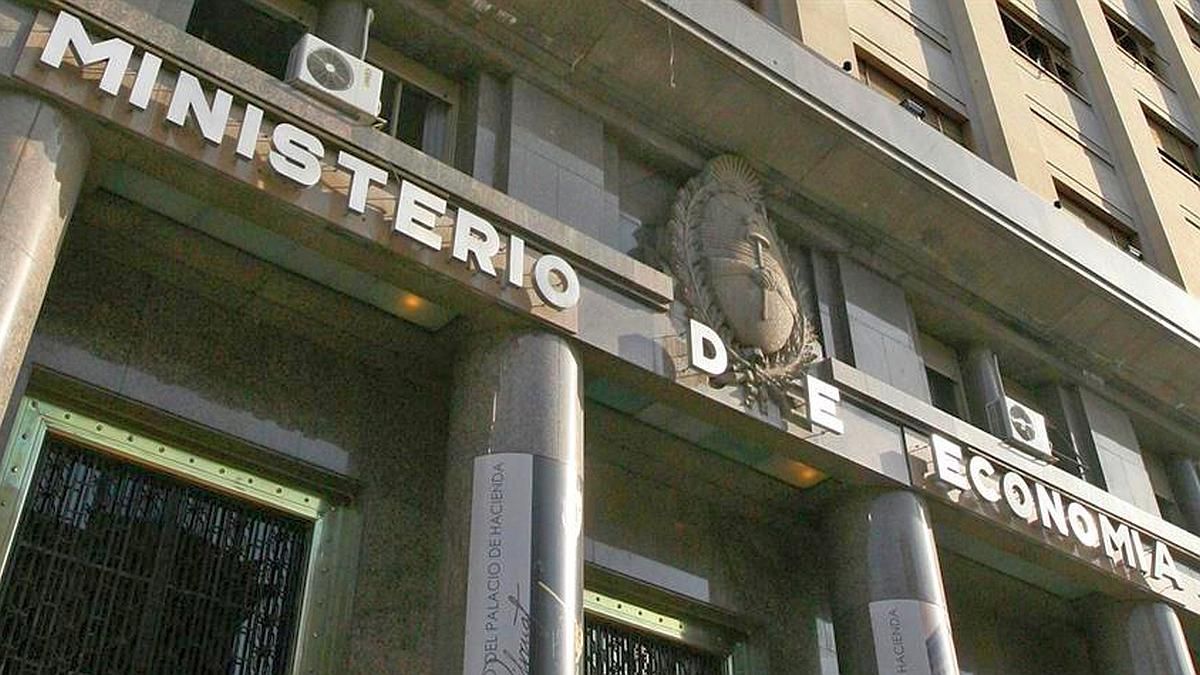If these expectations are confirmed, these numbers “would make it possible to break the curse of recessive pairs that began ten years ago.” “Avoiding the recession of non-electoral years would make it possible to chain two consecutive years of expansion, which has not happened in our country since 2010-2011, which coincides with the peak of GDP per capita reached before the beginning of exchange restrictions,” they added. However, the local and international scene changed.
In its latest report, Equilibra elaborated three factors that can impede economic growth in 2022:
“We see a more complicated scenario. We estimate that there are recessive elements that could evaporate the high positive statistical drag left by last year, even generating a minimal average drop in GDP in 2022 (-0.5%),” they expressed from the consultancy.
- Negative impact of drought on agricultural production
The intense drought/heat wave that hit the country at the beginning of the year hit the agricultural sector hard, since it would register a double-digit drop in its production in 2022. The direct negative productive impact would be close to 1.0p.p of GDP and would reach 1.5 pp if related activities are considered (food production, freight transport and others).
In addition, the losses of the thick harvest (corn production would fall 1/3 and soybean production 1/4 compared to last season) would imply a significant loss of foreign exchange due to lower export volumes, and also less fiscal resources due to withholdings.
Lastly, the drought not only affected the large harvest but also damaged smaller-scale agricultural crops, burned pastures and triggered animal mortality, which explains a large part of the strong increase in the price of fresh food recorded during February. It even reduced hydroelectric generation – whose production is cheaper and does not require fossil fuels compared to other sources – due to the lack of water in rivers and reservoirs.
An important point to highlight is that the climatological phenomenon of La Niña -temperatures below the average in the Equatorial Ocean that produces precipitations below the average and extreme temperatures in most of our country- behind the drought and wave of heat suffered at the beginning of the year, would continue during the winter slowing down hydroelectric generation and increasing the demand for gas and/or electricity to heat homes
2. Less availability of foreign currency to import
For Equilibra, at least five variables emerge from Argentina’s need to accumulate reserves: the deficit growth of international tourism, the increase in the energy red (deepened by the Russia-Ukraine conflict), the increase in the price of fertilizers also unleashed by the war and the net disbursements of the IMF and international organizations.
“When analyzing the perspectives of the exchange balance, we note that the remaining foreign currency to import could not even be enough to buy the same volumes as last year. Therefore, the productive sectors dependent on imports could not sustain -due to lack of inputs- the level of activity at the end of 2021, diluting a good part of the positive statistical drag.In any case, the non-tradable sectors that depend mainly on internal demand -such as most services- would not be so affected by the restrictions on external purchases “, they added.
In that sense, they estimated: “If the accumulation goal of the agreement is met, there would not be enough dollars to sustain the level of activity in 2022 (the GDP would fall 1%). On the other hand, so that the economy does not fall this year, the accumulation of Net International Reserves (NIR) should be only US$1.8 billion, far from the agreed goal”. In this sense, Equilibra estimates that the estimation of reserves through weiver will be adjusted to US$3,800 due to the soaring energy prices, compatible with a contraction of -0.5% of the GDP.
3. The stagflationary stock on a global scale unleashed by the Russian invasion of Ukraine
The impact of the war on the Argentine economy is recessive in several ways. In the first place, the rise in the prices of energy and food commodities will have an accelerating effect on inflation and will contribute to undermine the purchasing power of wages, especially hitting lower-income families (who spend a greater proportion of their expense to feed).
“This not only destroys the range of annual inflation expected by the program for 2022 (38-48%), but it would also generate a recessive impact due to the fall in real wages (if they climb less than 60%, they would not compensate for the rise in prices this year).The decrease in real wages will be especially relevant for non-tradable activities -such as most services- that depend on domestic demand.The positive statistical drag left by these sectors at the end of 2021 is slightly higher than 1 .0%”, they added.
“The recessive effects will also operate externally. Although there are still no reliable estimates of the impact on the world economy, we know that global growth will be lower (Europe could fall into recession) which will weaken external demand for our exportable products. There will also be higher international inflation compared to the scenario forecast before the outbreak of the war.Furthermore, financial tension has generated greater risk aversion, which translates into depreciation of emerging currencies and less access/more expensive international credit.All of this has a negative impact on economic activity in Argentina”, they concluded.
Source: Ambito
David William is a talented author who has made a name for himself in the world of writing. He is a professional author who writes on a wide range of topics, from general interest to opinion news. David is currently working as a writer at 24 hours worlds where he brings his unique perspective and in-depth research to his articles, making them both informative and engaging.




